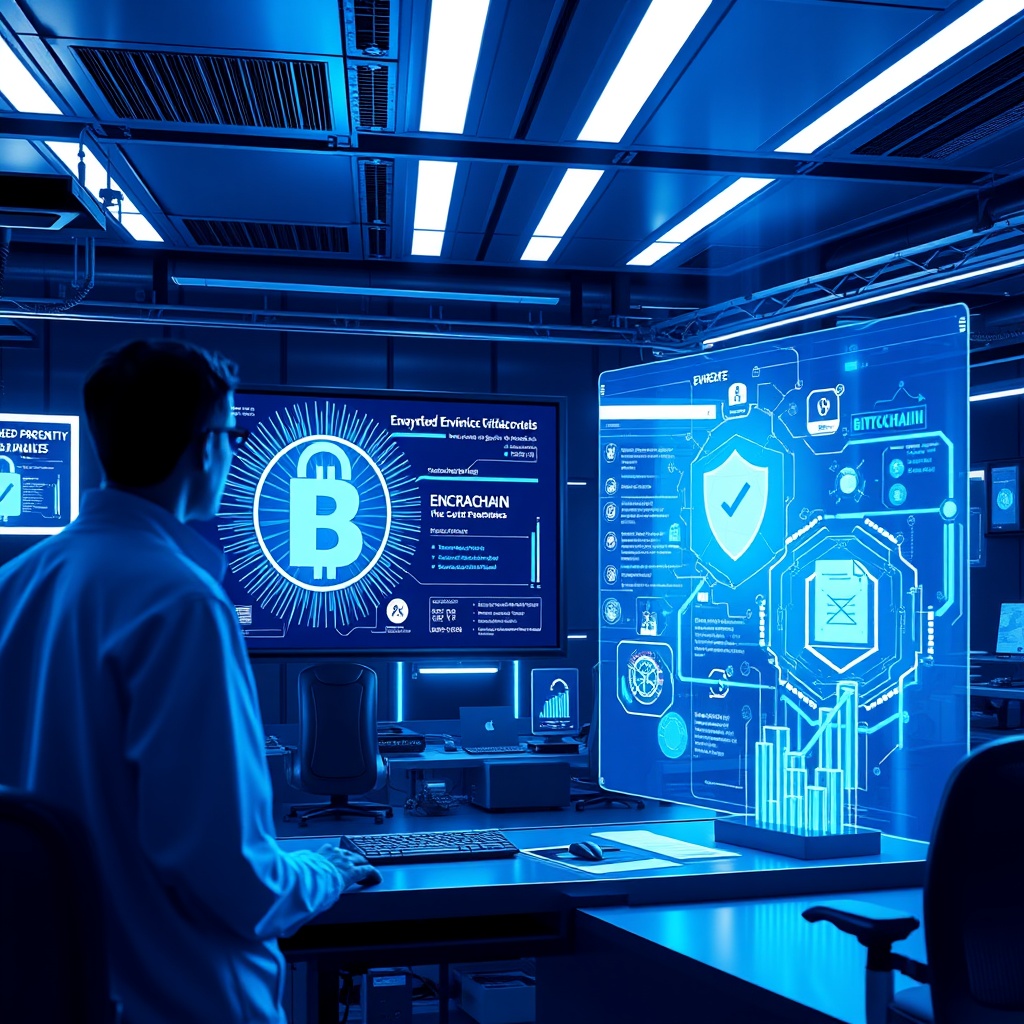Harnessing the Power of Blockchain Technology

In the realm of digital forensics, the integrity and security of evidence are paramount. With the increasing complexity of cybercrimes, traditional methods of evidence storage and sharing are proving to be insufficient. Enter blockchain technology—a revolutionary tool that promises to enhance the security and transparency of digital forensics. By leveraging decentralized ledgers, blockchain offers a robust solution to ensure that digital evidence remains untampered and easily accessible for authorized parties.
Benefits of Blockchain in Digital Forensics

The integration of blockchain into digital forensics is not just a trend; it is a necessity. Below is a list of compelling benefits that blockchain brings to the table:
- Immutable Records: Once data is recorded on the blockchain, it cannot be altered or deleted, ensuring the integrity of evidence.
- Enhanced Transparency: All transactions are visible to participants, fostering trust among stakeholders.
- Access Control: Smart contracts can be utilized to manage permissions and access to sensitive data.
- Streamlined Processes: Automated processes reduce the time and potential for human error in evidence handling.
- Decentralization: No single point of failure exists, minimizing the risk of data breaches.
Implementation Challenges and Future Prospects
While the advantages are clear, the adoption of blockchain in digital forensics is not without its challenges. Legal frameworks, technological integration, and the need for training personnel are hurdles that must be addressed. However, as blockchain technology continues to evolve, it holds great promise for the future of digital forensics. With ongoing research and development, we can anticipate a future where blockchain becomes the gold standard for evidence security and sharing.





